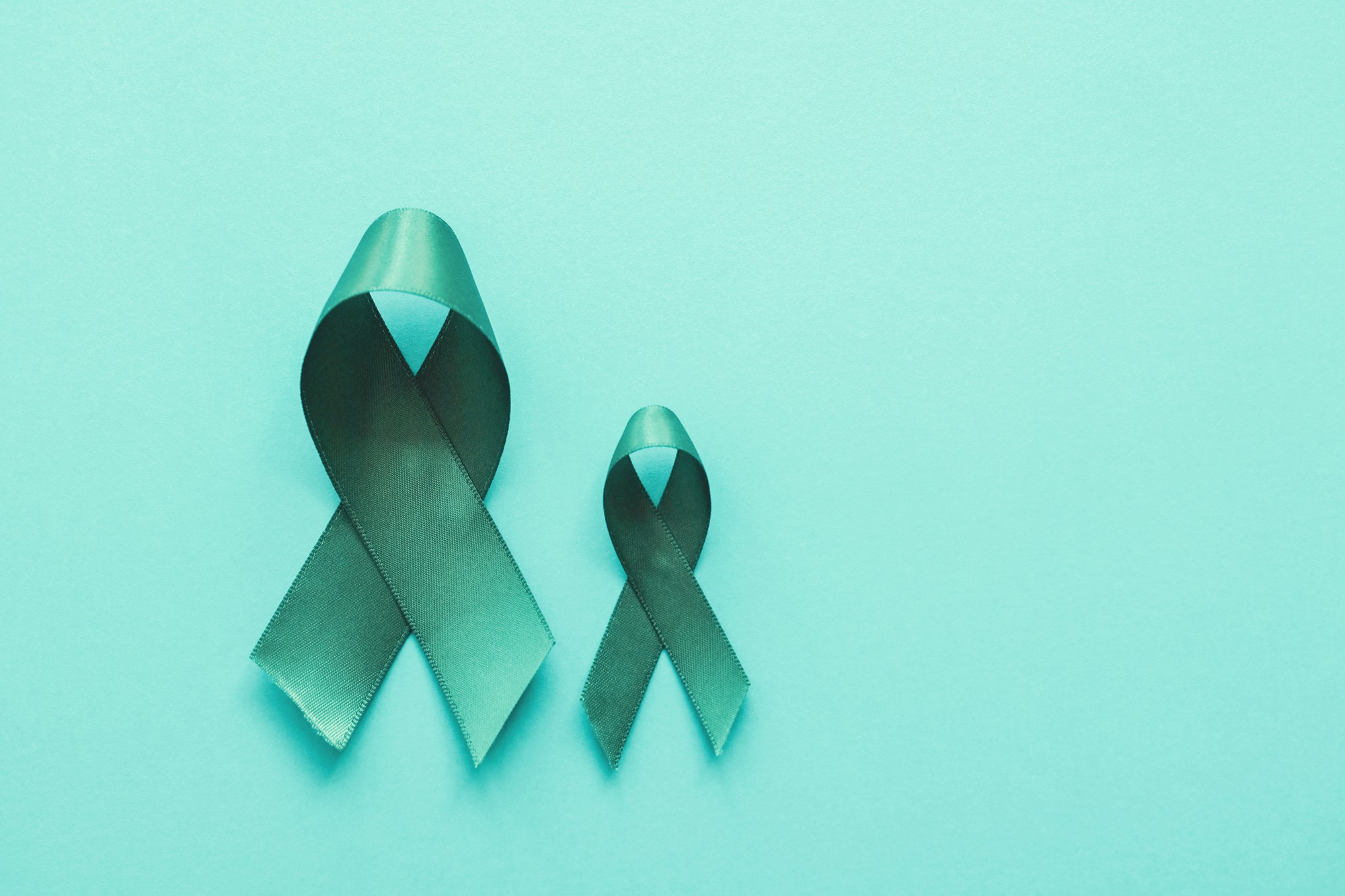There is an epidemic of sexual assault at college campuses across the United States. According to RAINN, the nation’s leading anti-sexual violence organization, 26.4% of females and nearly 7% of males will experience rape or sexual assault during their undergraduate years. Many survivors are left needing emotional support and someone to guide them through the physically and mentally taxing aftermath that comes with sexual assault, but are unaware of where to turn.
The UCLA Campus Assault Resources and Education (CARE) Program provides comprehensive support for survivors of sexual violence. Their office is located on campus with drop in-hours every weekday. CARE works in a tri-fold model of education, advocacy and healing. Their educational program acts to teach the UCLA community about sexual assault, domestic violence and stalking in a preventative manner.
CARE is also comprised of an Advocacy program. Advocates are not responsible employees and thus are not mandated to report incidents of sexual misconduct to the Title IX office. Therefore, advocates can provide emotional support for victims and help them develop a personalized plan that considers how the victim wants to move forward. Advocates also accompany survivors to any meetings they might be attending, such as with Title IX or the police, to provide emotional support.
Finally, UCLA CARE provides healing services for survivors of sexual violence. CARE, with the knowledge that healing can look different for each individual that comes to them, provides various services such as yoga, journaling, music, art and dance. They can help victims find the support team they need such as referrals to counselors, medical professionals or legal support.
The UCLA Counseling and Psychological Services (CAPS) is an on-campus resource to support the mental health of Bruins. They offer a variety of services to UCLA students including crisis counseling available by phone 24/7. Survivors of sexual violence can turn to CAPS for a confidential resource. Because the services are confidential, they will not disclose any information about your treatment or situation to anyone without your written permission unless it is required by law.
This is an excellent resource for UCLA students who need someone to help them heal and talk through their situation as they offer both individual and group therapy. Their free and confidential drop-in hours are a great first place to turn if one desires to talk to a counselor. UCLA CAPS and CARE are both confidential resources and are not mandated reporters.
The UCLA Rape Treatment Center is another resource available to survivors of sexual violence. This is the 50th year of the existence of the Santa Monica based treatment center. They host a number of different programs including the acute clinic, where people of all ages and backgrounds can come if they are reporting sexual abuse or assault that occurred within the past five days – the amount of time they can collect DNA evidence. There is a counselor available to speak 24 hours a day, seven days a week if someone needs help.
Julie Banks, the policy and program development director at the center, walked me through what a survivor can expect to experience at the clinic. First, the clinic provides those using its services with a nurse practitioner and counselor who will be with them the entire time they are at the clinic, which is on average two to four hours. Survivors will have the option for a medical exam done by a nurse practitioner to collect evidence.
The clinic is required to alert law enforcement. However, the victim is not required to make a police report. If the survivor does choose to make a police report, the counselor sits with the victim and walk them through the process. Banks emphasized that all services at the clinic are free of charge. There is no insurance or payment required. She empowers victims to call the clinic at (424) 259-7208 when in need, even if just to ask questions anonymously in order to understand what options are in front of them.
The Title IX office is also available for students looking to make a report. Title IX is not a confidential resource, which is important for survivors to know going in. This means that while the wishes of the complainant are considered, it might be necessary to disclose information in some cases. Because Title IX is a neutral office, their investigations look into both parties.
Each of these resources serves a different and essential purpose in our community. For confidential help and care, students can turn to CARE or CAPS. If looking for a medical examination, a counselor or help with filing a police report, the UCLA Rape Treatment Center offers excellent care. The Title IX office is a great resource for students looking to launch a formal investigation into their case.
—
Featured Image via Adobe Stock

